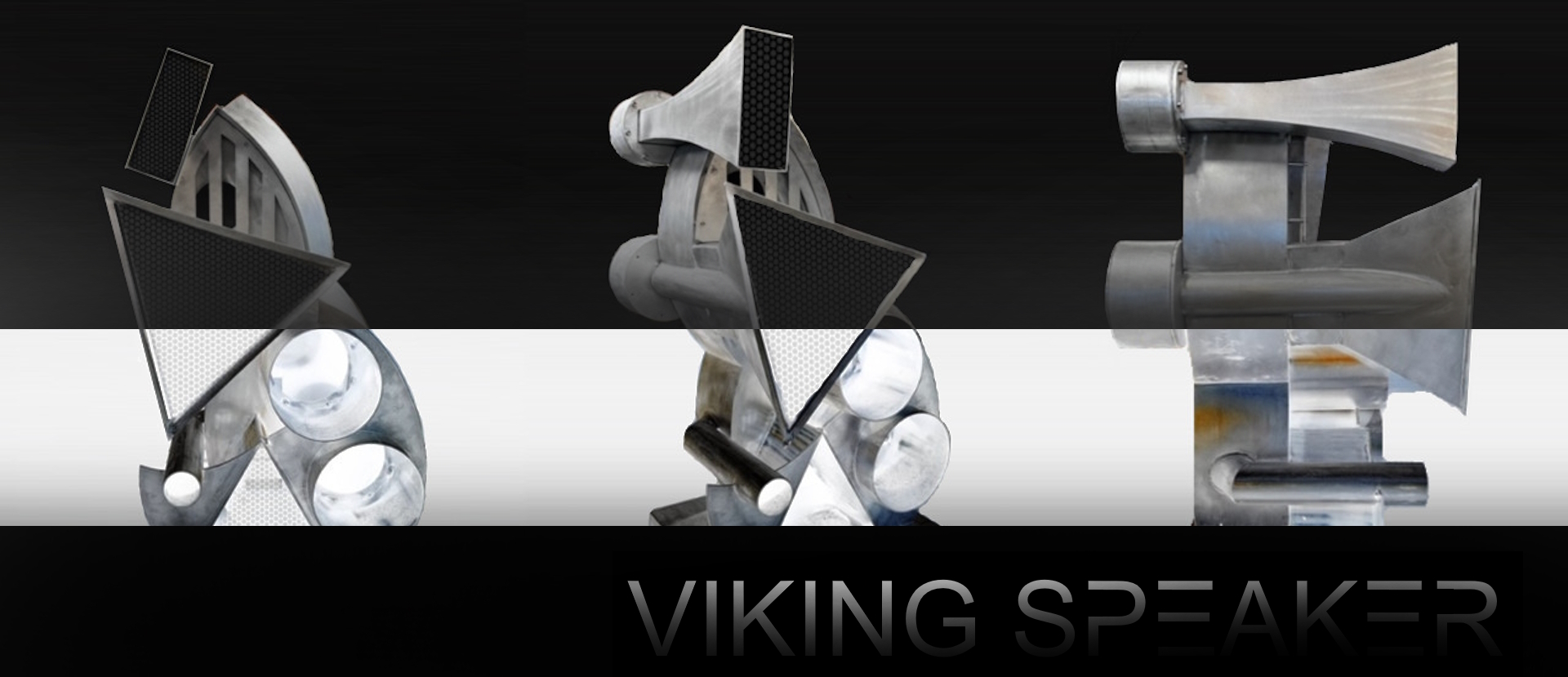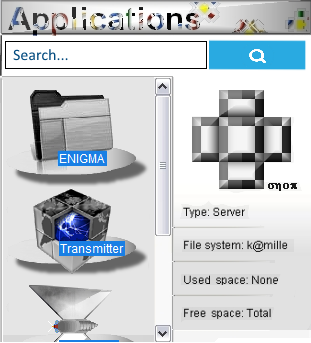- Imperator | Account: -5672083 SHARES. -0
-
 Hope everyone is well! The Raspberry PC is ready for the stores. Grab one today! The Raspberry PC comes with 16 GB RAM and 512 GB storage.
Hope everyone is well! The Raspberry PC is ready for the stores. Grab one today! The Raspberry PC comes with 16 GB RAM and 512 GB storage.
The Raspberry PC has the most powerful and feature-rich single-board computer from the Raspberry Pi Foundation, delivering up to three times the CPU performance of the Raspberry Pi 4. Notable new features include an in-house developed I/O controller chip (the RP1), a PCI Express interface, and a dedicated power button.
https://raspberrypc.com - 984 views
- Comments
- No comments yet.
- Imperator | Account: -5672083 SHARES. -540
- 14936 views
- Comments
- No comments yet.
- Imperator | Account: -5672083 SHARES. -270
- 11821 views
- Comments
- No comments yet.
- Imperator | Account: -5672083 SHARES. -270
- 4873 views
- Comments
- No comments yet.
- Imperator | Account: -5672083 SHARES. -0
- 4167 views
- Comments
- No comments yet.
- Imperator | Account: -5672083 SHARES. -270
- 51188 views
- Comments
- No comments yet.
- Shareholder | Account: 121 SHARES. +0
- 5550 views
- Comments
-
 Hawkeye
Well doesn't that look tempting?
Hawkeye
Well doesn't that look tempting?
- Shareholder | Account: 121 SHARES. +0
-
"Looking damn good!" - Private Album 
- 5555 views
- Comments
-
 Hawkeye
Looking damn good!
Hawkeye
Looking damn good!
- Shareholder | Account: 1632 SHARES. +270
-

- 6679 views
- Comments
- No comments yet.
- Shareholder | Account: 82713 SHARES. +0
-


- 6444 views
- Comments
- No comments yet.
- Imperator | Account: -5672083 SHARES. -0
- 8868 views
- Comments
- No comments yet.
- Imperator | Account: -5672083 SHARES. -0
- 11213 views
- Comments
- No comments yet.
- Imperator | Account: -5672083 SHARES. -0
- 11340 views
- Comments
- No comments yet.









 Anonymous
Anonymous













